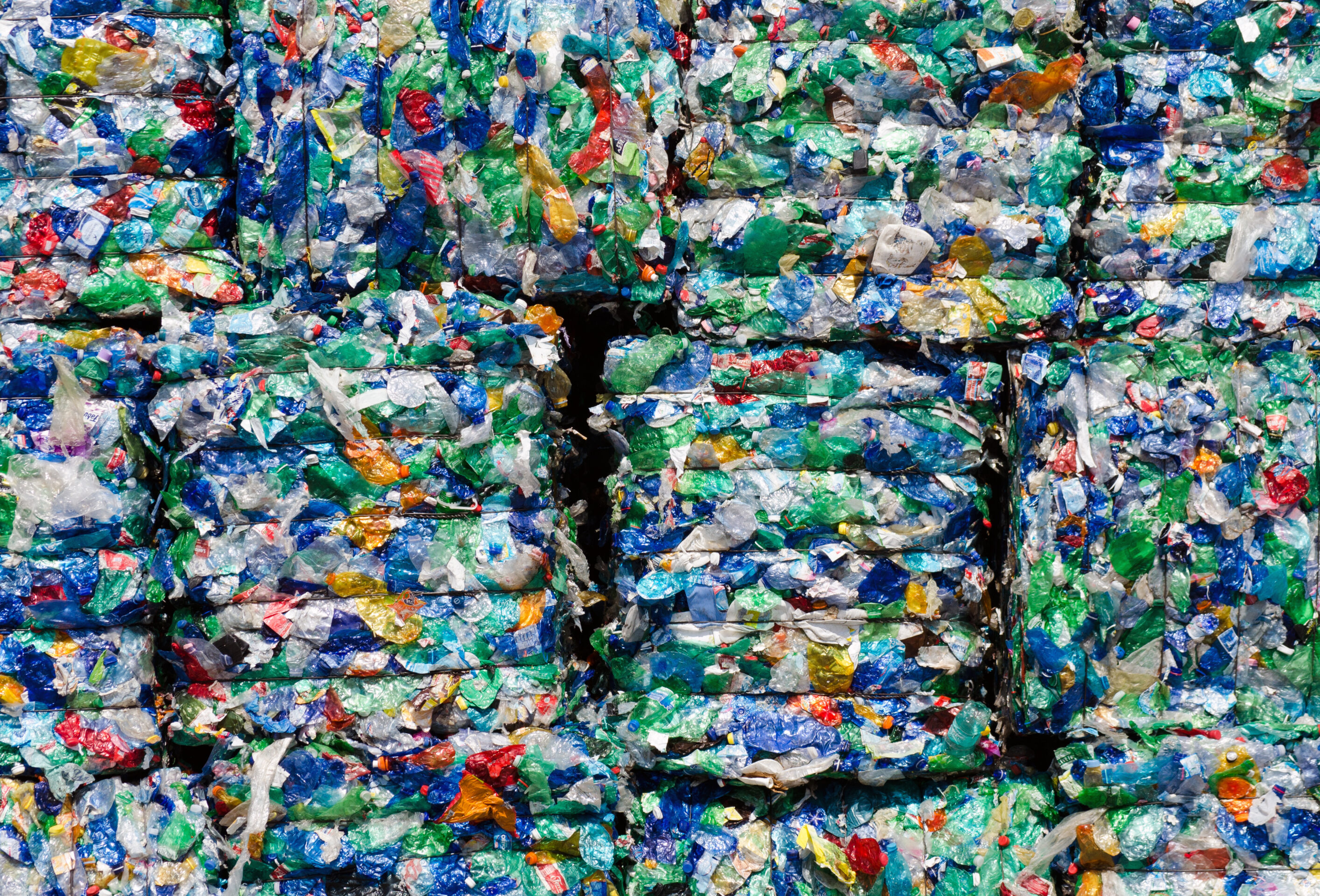Accelerating the transition towards circular plastics in the EU has never been a more pressing issue. Recognising the need to decouple economic growth from natural resource use, the EU is upgrading its legislation to better tackle its sustainability ambitions.
The Packaging and Packaging Waste Regulation (PPWR) with other key legislative files including the Ecodesign for Sustainable Products Regulation (ESPR) are setting ambitious targets and constitute a framework for producing more sustainably.
However, to unlock their full potential, policymakers still need to work on the missing pieces of the legislative puzzle to safeguard the competitiveness of the plastic recycling industry. To successfully deliver on this goal, the upcoming secondary legislation must focus on five key priorities, as outlined in the Plastics Recyclers Europe’s Manifesto.
Accelerating the transition towards circular plastic
The PPWR and ESPR are game-changers as they aim to enhance plastic packaging production and boost the uptake of recycled plastics in new products while setting additional sustainable goals – including reducing the environmental footprint, and lowering energy and water consumption. Meeting these ambitious targets, nonetheless, requires transparent, measurable and robust methodologies paired with strict enforcement mechanisms. This approach is essential to provide legal certainty to the entire European plastic recycling value chain and deliver the ambitious environmental objectives of the EU Green Deal.
Moreover, securing investments is crucial as it will significantly impact the technological innovations in the sector. These investments will help upscale existing collection and sorting infrastructures to capture valuable resources and feed them back into the economy as currently only 20% of plastics placed on the EU market are recycled.
Competing in a global economy
With increasing global demand for recycled feedstocks, it is imperative for the EU to safeguard the leadership and competitiveness of the Circular Single Market. While EU plastic recyclers are subject to robust legislation and safety requirements, they are rarely implemented outside the EU.
In order to create a level playing field for EU-made recyclates and imported recycled plastics, the EU institutions should build through the PPWR and ESPR a robust methodology paired with strict enforcement of equivalent rules and sustainability requirements. Without those guarantees, the EU plastics recycling industry will face market distortions and suffer a lack of investments, undermining the EU industry's growth and consequently affecting the EU green jobs.
Therefore, a regional circularity perspective and the so-called proximity principle – where waste is managed as close as possible to its place of production – should be high on the agenda.
Fostering science-based solutions for future policies
For the EU to drive tangible and measurable changes in the transition to a circular economy for plastic, secondary legislation must be modelled on science-based and objective results. This approach will further enhance the positive influence of the EU Green Deal, aligning sustainability and the economy, promoting only transparent, fact-based claims and delivering truly sustainable solutions.
Prioritising transparency in combatting greenwashing
Consumers play a key role in the journey of every product placed on the European market since they purchase products and dispose of them. Therefore, empowering them to make environmentally conscious choices remains crucial.
Today, consumers cannot be certain of the sustainability of the product they are buying. Independent third-party certifications represent one possible solution to ensure the traceability of waste-derived materials along the value chain and promote sustainable and transparent claims. These certifications, if based on a chain of custody model, can verify the origin, recycling process, and supply chain of waste materials, ensuring imported articles with recycled plastics meet the same, stringent environmental and safety standards as recyclates made in Europe.
To avoid greenwashing and false claims, the consumers, as well as business players, need harmonised methods of calculation and verification to make sure the percentage or sustainability claim they see on a product is correct.
Strengthening investments & sustainable finance
The need to scale up recycling infrastructure in the EU, coupled with the recent market uncertainties, such as the increase in energy costs, imports of recycled materials and the COVID-19 pandemic, calls for measures and instruments to provide financial support to the industry. To ensure the needed growth in recycling capacities, the legislation should back up investments in the sector through policies such as the Sustainable Finance Framework, among others.
This goes hand in hand with the expansion of Extended Producers Responsibility (EPR) schemes to cover a wider set of waste streams and sectors and leverage the potential of public procurement policies to encourage the adoption of circular business models.
Way forward to plastic circularity
Plastics Recyclers Europe’s Manifesto is a testament of the recyclers’ commitment to plastic circularity. While much work remains ahead, the legislative advances, stable growth and massive technological developments in the industry are the foundation upon which a circular future for plastics in the EU can continue to be built. However, the level of ambition in the secondary legislations of several texts – the PPWR together with the End-of-Life Vehicles revision, ESPR and Waste Framework Directive – will determine whether sustainability will become the priority for product manufacturing and packaging industries in the years to come.
The 2024-2029 EU term will be decisive in building a robust legislative framework which recognises the plastic recycling industry as a cornerstone in the transition towards a circular and decarbonised EU.
Ton Emans, President of Plastics Recyclers Europe

